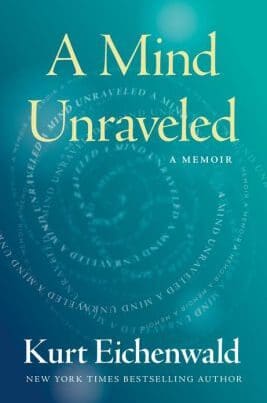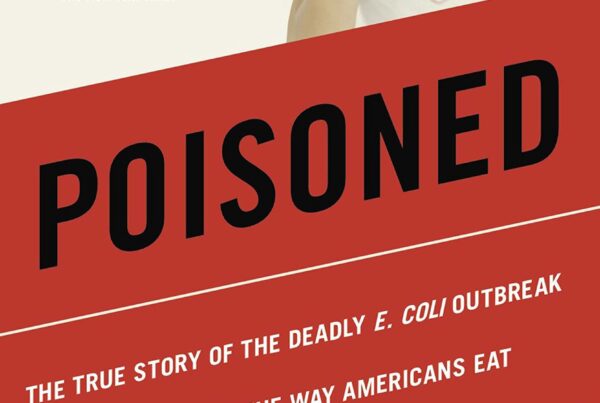Turning the page on 2018, the leaders of UW Medicine’s Healthcare Equity initiative are looking for opportunities to advance a community conversation about racism and our role in social justice that will help support our work in the next year. I can think of no better way to encourage that conversation than by reading Ijeoma Oluo’s, So You Want to Talk About Race.
Drawing from the historical record and telling her own story, she skillfully uses prose (and often humor) to provide important insights about many “hard-to-understand-unless-you’ve-lived-them” topics. She frames each chapter around commonly asked questions like, “What if I talk about race wrong?’ and ”Why are our students so angry?” and then digs into the issues underlying those questions, exposes the myths and lies we were taught about them, and gives answers that can help people better understand their roles in institutional racism, bigotry and bias.
Ms. Oluo addresses the many distractions that come up in these conversations, like when people dismiss race as the issue, claiming that class is a bigger problem or that micro-aggressions are somehow “micro” or just over-reactions. Given that she grew up in Seattle, the book also shines a bright and unsparing light on our community’s role in perpetuating oppression. By moving beyond abstraction and focusing on the experiences of people who live in Seattle, this book helped me better understand the obligation and opportunity we have to make the UW Medicine workplace, and all of our places, better for people who experience bias, bigotry and oppression.
One of the great things about this book is that Ms. Oluo gives tangible tips for having conversations about race, specifically calling out considerations based on the reader’s lived experiences. The National Book Review said of it, “…this book is for everyone…If you are white, it will make you see nuances of racism that you were probably not aware of, including within yourself, your loved ones, and coworkers. If you are a person of color, it will give you ways to respond…even when dealing with the well-meaning “I’m not racist” white friend or coworker.”
As a member of the majority-white, cis-male, affluent, I found the book helpful in examining my own blind spots. It also got me thinking about the problematic term, “ally” and gave me ideas about how to direct my effort, curiosity and energy to be the type of ally who helps take down the structures and behaviors that perpetuate racism and inequity. The history and skills shared in this book are not ones I was taught in my formal education, and the book provided me with conversational tools and language that I find myself increasingly relying upon as I try to better appreciate the lived experiences of my colleagues. Like many of you, I find it critical to both unlearn and re-educate myself about these topics, so that I can better use the power and privilege afforded to me in my roles as a surgeon, researcher and health system leader to help achieve our goals around equity.
An overarching theme of the book is that black people did not create the systems that resulted in racism and inequity. They were created by the white majority and Ms. Oluo makes the case that it’s our responsibility to educate ourselves about the problem and then solve it. In an interview with Sun Magazine, she said of her goal in writing the book, “…I do want them [white people] to have tough conversations with other white people about white supremacy, about how it functions, how it perpetuates harm. You don’t need to have Black people around to fight white supremacy. You might be running a white business, with white employees, in a white neighborhood, with white customers — and if you’re not deconstructing your role in white supremacy, then you’re supporting it.”
For people in the majority to deconstruct our role we need to be better informed and activated allies. While many of us have not lived the lives of those who experience bigotry and bias, being an ally means learning about it and taking on the struggle against oppression as our own. Certainly being an ally means much more than reading a book, but reading this book is a good next step for all of us. My hope is that our community’s reading of this book will allow us to have better conversations about race, because then we can more effectively identify and dismantle the systems that contribute to oppression — in our hiring practices, in access for patients, in support services – across UW Medicine.
I invite you to take part in this conversation and am thankful for Ms. Oluo’s So You Want to Talk About Race because I think it will help facilitate it. Please make reading this book a priority over the next several weeks so that we can all be better allies on the road ahead.


